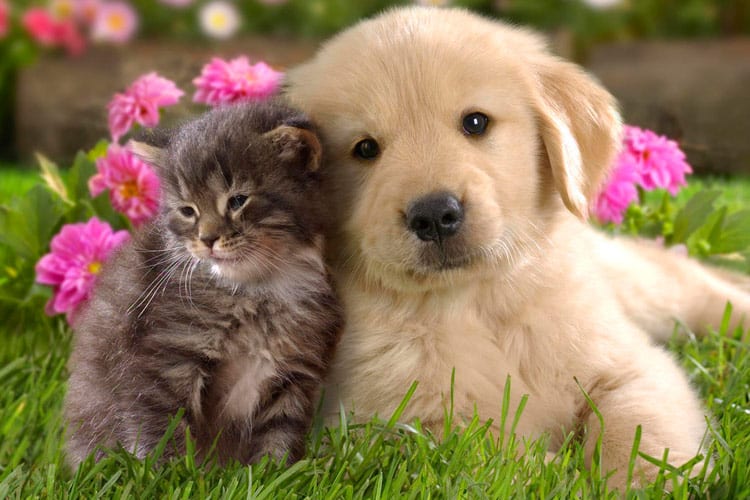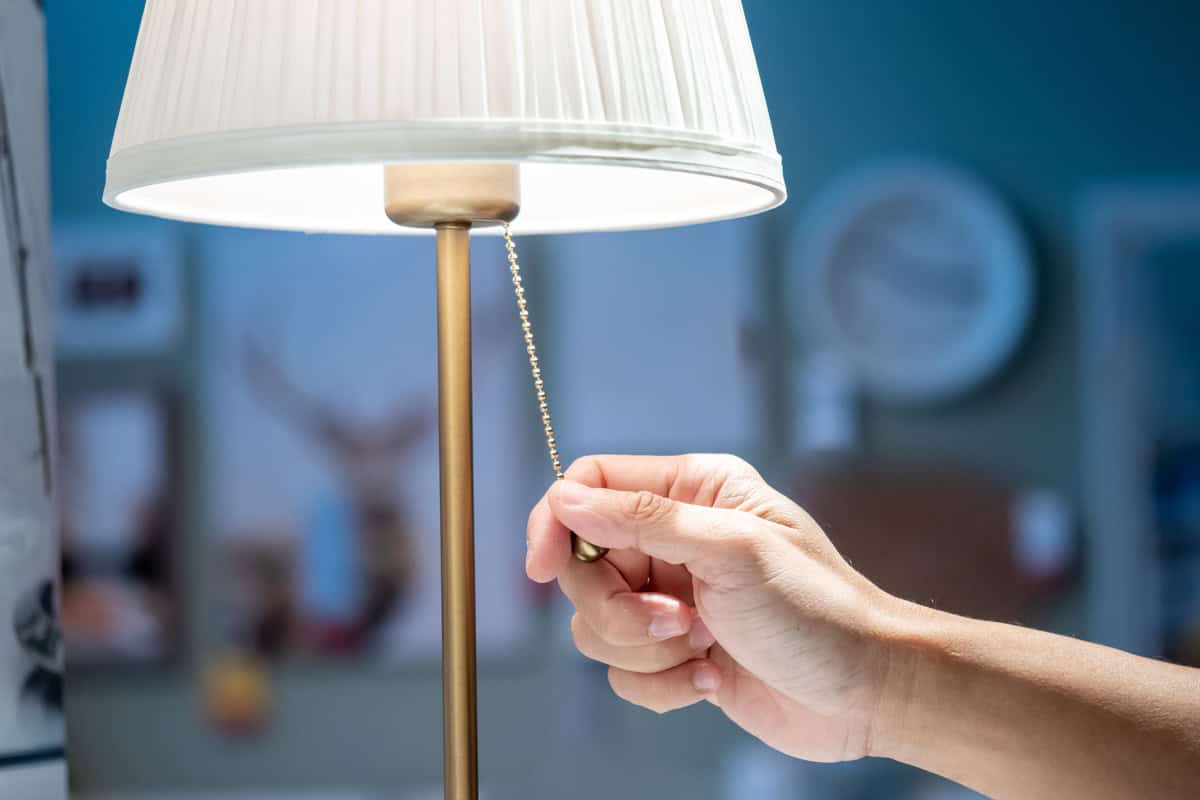
Indoor and outdoor plants can instantly beautify a Fort Lauderdale luxury home. In many cases, plants can even help to clean the air! Unfortunately there is also a dark side to quite a few plants where pets are concerned.
Pet owners know that their furry, four-legged friends have a penchant for munching on strange things, including houseplants, garden plants, plants in the wild, or a florist’s creation. According to The Humane Society, there are over 700 plants that have been identified as causing harmful effects to pets. Help to protect your pet by learning about plants and pet safety.
The Humane Society of the United States provided this list of common plants that are poisonous to pets. Another resource is the ASPCA website, where you can search both toxic and non-toxic plants. Please note that these resources are provided as convenient plant and pet safety guides, but by no means are they all-inclusive.
Plant And Pet Safety Tips
- If your pet exhibits worrying symptoms, like diarrhea, vomiting, abnormal urine, difficult breathing, salivation, or weakness, call your pet’s veterinarian immediately. You can also call the ASPCA Animal Poison Control Hotline at 888-426-4435, 24 hours a day, 365 days a year. A consultation fee might apply.
- Avoid placing toxic plants and flowers in your home where pets might be able to access them. Better yet, don’t bring toxic plants in your home at all.
- For dogs with an appetite for eating plants, the animal science department at Cornell University recommends adding bran flakes to their diet. Another alternative is to switch their diet to one that is higher in vegetable fibers. Either of these remedies should fulfill vegetation cravings.
- Remove risky plants from your home, or transplant them to a pet-free area. If you have a risky plant that is too big to be moved, consider fencing off the area.
- Fallen leaves, flowers and seedpods can also be poisonous. Acquaint yourself not only with the plants in your yard, but those of your neighbors as well.
Part of living a luxury lifestyle is ensuring your loved-ones are safe. We hope this plant and pet safety guide will help to keep your four-legged family members safe in and around your home.





